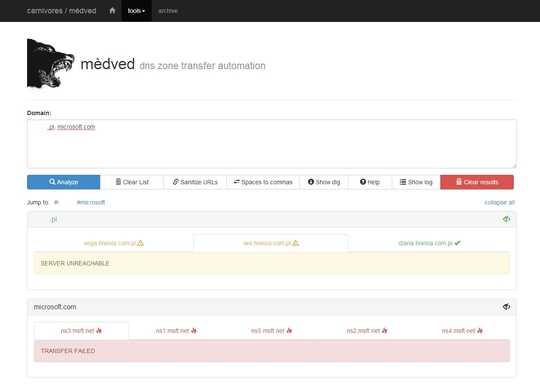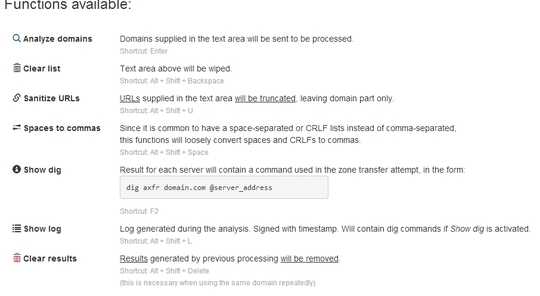71
20
I know that it's probably (no longer) possible because of abuse, but I want to check nonetheless. Is there a way for me to obtain the company zone file for a domain myself, without having to contact the people who host the DNS for that domain?
Is there a way to get the complete zone file for a domain, without getting it from the company that hosts the DNS for that specific domain?


2
There was a period when
– patryk.beza – 2015-07-24T17:31:28.313nslookupwas considered by ICS (Internet Systems Consortium) as outdated, decision was reversed in 2004 with the release ofBIND 9.3. In fact you can find changes made duringnslookupdevelopment even from this month.How did people abuse it? All of the information is public anyway right? – CMCDragonkai – 2015-12-30T10:47:47.840
2@CMCDragonkai the problem is that DNS runs over UDP and thus is easily spoofable. So you can use this as a reflection attack for a DOS (send small query to server with spoofed sender, get huge response sent to victim). Plus a domain might contain internal addresses you don't want anybody to list. – pilif – 2016-01-04T12:26:34.140
2just a question: WHY do you think nslookup is outdated? Can you name some no-outdates alternatives? – Novellizator – 2013-03-25T00:21:27.783
7@Novellizator:
dig? – mveroone – 2013-10-01T13:25:55.900